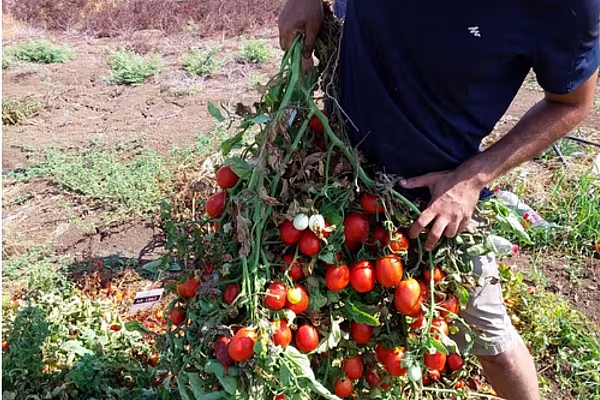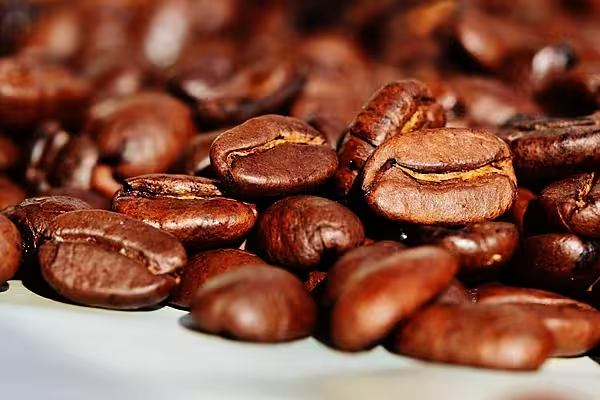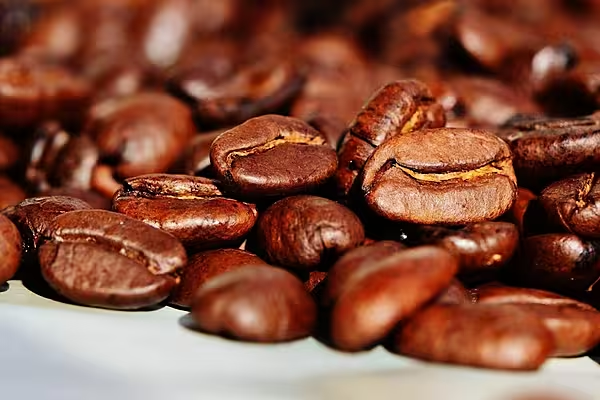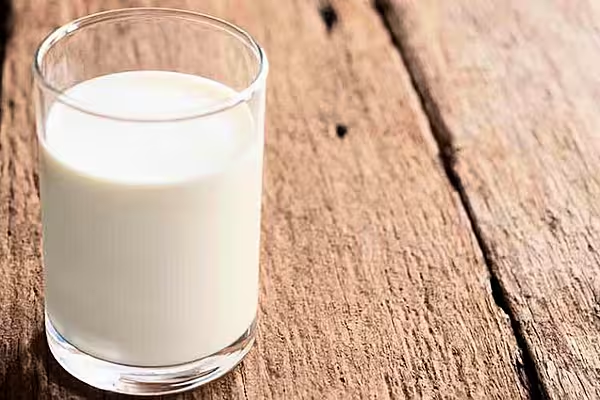Researchers at the Hebrew University of Jerusalem have developed what they claim is a 'drought-tolerant' tomato variety, which requires less water and produces a high yield even under drought conditions.
According to the researchers, in developing the new variety, they identified interactions between two regions of the tomato genome that resulted in a 20% to 50% increase in the overall tomato yield under irrigated conditions as well as in drought conditions.
The researchers crossbred two tomato species – a wild tomato from the deserts of Peru and a cultivated tomato – to identify which regions of the genome affected yields. Individually, one genome didn't affect the crop, but when these genome regions appear together, there was a significant contribution to fertility even in dry conditions.
'Increased Productivity'
'The unique structure of the new population, which enables precise mapping of the tomato genes, has the potential for extensive application in other plants and could increase productivity,' the researchers said.
The study, published in the Proceedings of the National Academy of Sciences (PNAS) journal was led by doctoral student Shai Torgeman and Prof. Dani Zamir from the Hebrew University Robert H. Smith Faculty of Agriculture, Food and Environment.
"Studies of complex traits in plants, such as yield and resistance to drought conditions, have been based on significantly smaller populations of approximately 200 species,” Torgeman stated. "This makes it impossible to identify all the interactions (epistasis) between the genes, as well as their influence on important agricultural traits.
"In this study, we genetically crossed two different species of tomato, and proved that by using of a larger population and a genetic map that includes thousands of markers, it is possible to identify interactions that increase the yield.”
Read More: The Great Tomato Shortage – One Month On: Analysis
Changing Conditions
Torgeman added that the new variety could be a game-changer as temperatures continue to soar worldwide, with farmers needing tomatoes that can "cope with these changing weather conditions".
The research was conducted as part of a scientific cooperation with the European Union in the ‘Horizon 2020’ program. [Picture: Hebrew University]
Read More: Even Table Condiments Aren't Immune From Commodity Price Increases – Buyer's Brief
© 2023 European Supermarket Magazine – your source for the latest fresh-produce news. Article by Stephen Wynne-Jones. Click subscribe to sign up to ESM: European Supermarket Magazine.














